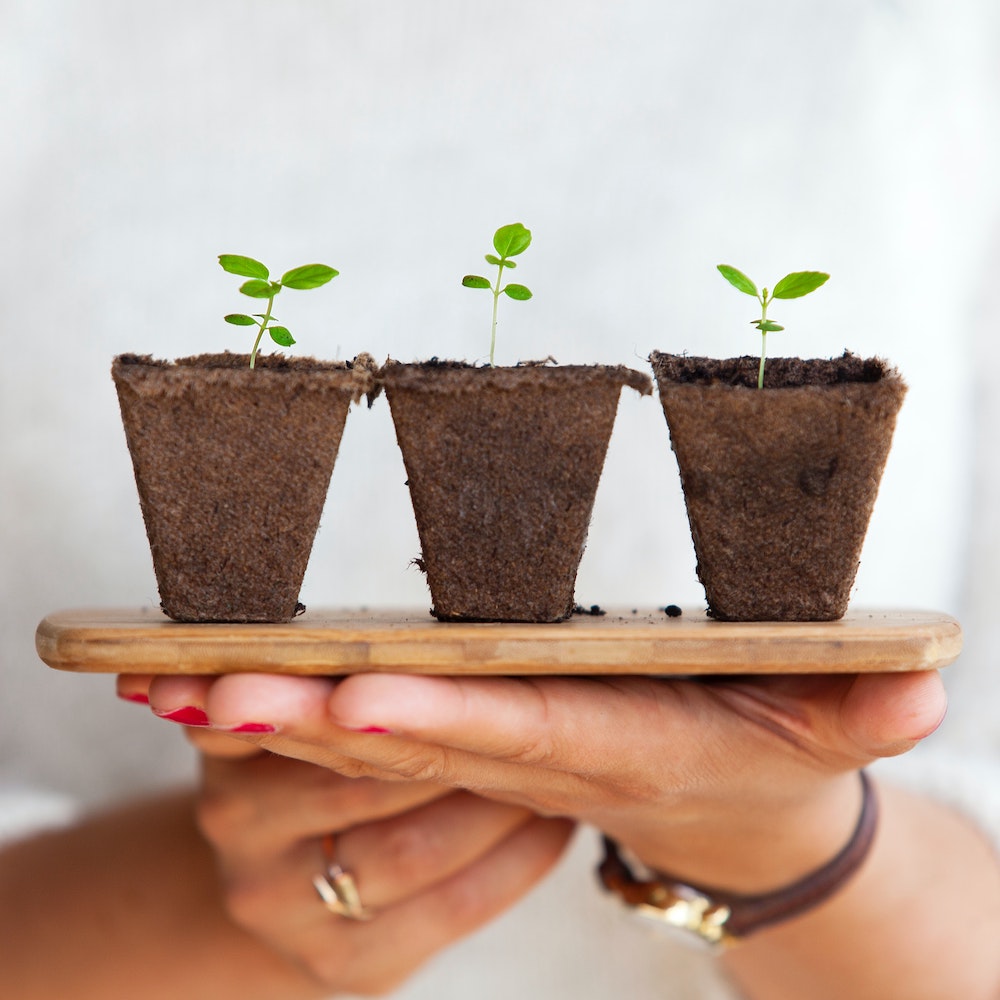We have composed a list of the top 10 fertility foods that are essential inclusions in any fertility diet.
The foods you choose to include and exclude from your daily diet can make a huge impact on fertility and pregnancy outcomes. It is really important to avoid any foods you may be intolerant to in addition to avoiding processed foods, sugar and foods that contain minimal nutrients. Each meal should contain a balance of protein, good fats and something fresh (ideally veggies). If you have any thyroid problems or autoimmune tendencies, it is vital that you also avoid all gluten and most grains.
Here they are, the top 10 fertility foods.
- Eggs – eggs are a great source of quality protein. They are also a great way to boost good fats and contain lots of selenium, magnesium, zinc and other vitamins. Eggs also contain choline (a commonly deficient nutrient) which reduces inflammations and supports the process of methylation which essential for a full term pregnancy. Always look for organic eggs to reduce hormone and chemical exposure that can disrupt your body’s natural oestrogen balance. You can eat up to 2-3 organic eggs every day.
- Salmon – a great source of protein and good fats, salmon helps to reduce inflammation and promote good hormonal balance. The omega 3’s in salmon supports baby’s brain development and can also reduce the chance of allergies in your baby. The issue with salmon is that most salmon is farmed and fed all sorts of chemicals, antibiotics and unnatural foods. When choosing salmon, try to look for organic farmed or wild caught when possible. Most of these choices will come frozen in health food stores or sustainable fish shops rather than the supermarket. Aim to eat salmon (or mackerel, herring or sardines) at least twice weekly.
- Asparagus – Number 3 in our Top 10 Fertility foods is Asparagus ! Full of naturally occurring folate and a rich source of glutathione, asparagus is the perfect side dish to your fertility diet. The glutathione in asparagus can help to detoxify the body of excess oestrogen that may be contributing to period pain, fibroids, endometriosis or period pain. It is used in a process called glutathione conjugation in the liver where glutathione is added to oestrogen to help its excretion. Glutathione can bedepleted from chronic stress, inflammation, infection and alcohol. Even small amounts of alcohol intake can increase blood oestrogen levels due to the alcohol competing for glutathioneand reducing estrogen excretion. If you are suffering from oestrogen dominance, ditch the booze and load up on asparagus!
- Avocado – studies have shown the type of monounsaturated fat found in avocados has been shown to increase live birth rates by 3.4 times. They are believed to improve fertility by lowering inflammation in the body and improving egg and embryo quality. Avocados are high in vitamin E which is important for egg health in addition to increasing sperm motility and health. Studies have shown vitamin E can beneficial in improving the uterine lining and can also help with embryo implantation. Avocados are also packed with folate and B6 which helps to support progesterone levels and implantation. Avocados are also a great way to keep you feeling satisfied when you are reducing grains in your diet. Start with half an avocado most days.
- Brazil nuts – Number 5 in our top 10 fertility foods – Brazil nuts are a great source of protein and good fats in addition to being a rich source of selenium. Selenium plays an important role in conception (and is often depleted in our over-farmed soils!). Selenium is essential for a healthy thyroid and is an important antioxidant. Studies have shown that selenium plays a critical role as an antioxidant in healthy egg development and that eggs that resulted in pregnancy contained double the levels of a selenium carrying protein. I would recommend that all women trying to conceive aim to eat 6-8 brazil nuts most days.
- Chia seeds – one of my favourite and most versatile fertility foods! Chia seeds are a true superfood containing loads of omega 3’s, antioxidants, fibre, iron, magnesium, calcium and potassium. Not only are these tiny seeds packed full of nutrition, they also contain antioxidants and are a great source of complete and highly available protein. The fibre in chia seeds helps to excrete unwanted hormones from the body and keep the digestive system regular and able to absorb nutrients from the foods you eat. Chia seeds have almost no taste which means they can be added to almost any meal. Aim for at least a tablespoon of chia seeds most days.
- Pumpkin seeds – are a super source of the fertility-friendly mineral zinc. In men, zinc can increase sperm count and testosterone levels. In women, zinc is important in helping your body to utilize the reproductive hormones, oestrogen and progesterone. Low zinc can lead to menstrual irregularity and abnormal egg development. When zinc levels are low, protein metabolism is inhibited which may contribute to lower egg quality. Zinc is commonly depleted in women who have been on the oral contraceptive pill so if this is you, try to get a handful of pumpkin seeds most days.
- Beetroot – fresh beetroot is a great source of resveratrol, the antioxidant which may help in age-related fertility issues. The nitrates in beetroot can be coverted into nitric oxide in the body and may help to improve blood flow, increasing reproductive circulation and supporting implantation. Fresh beetroot is also high in fertility-friendly folate which makes it a great all round vegetable to include in roasts, salads and smoothies. Note: tinned beetroot is full of salt and sugar and should be avoided.
- Broccoli – should be included most days for optimal hormonal health and fertility. Broccoli is a member of the brassica family and contains indole-3-carbinol which helps to detoxify the body of excess oestrogen. Broccoli (in addition to other brassica vegetables such as cauliflower, cabbage, kale and brussel sprouts) can be eaten lightly steamed or baked. Super essential for those with oestrogen dominant conditions such as endometriosis, fibroids and subfertility. Aim for 2 cups of this veggie family most days.
- Leafy Greens – including spinach, rocket, lettuce, watercress, Asian greens, broccoli and fresh herbs are essential to EVERY fertility diet. Leafy greens are anti-inflammatory, liver-supporting and super high in naturally occurring folate, the B vitamin that ensures that cell divide, grow and replicate properly. You might be surprised at just how many leafy greens you need to support optimal health and fertility – 3 cups most days! This amount is easy to get to if you add them to smoothies, add a handful in your morning eggs, use in salads and serve as a base to EVERY dinner. Aim for a wide variety of any leafy greens to get the widest nutrient variety.
So there you have it – The top 10 fertility foods – for more info please visit our main page or download the Seed Concept app below !







